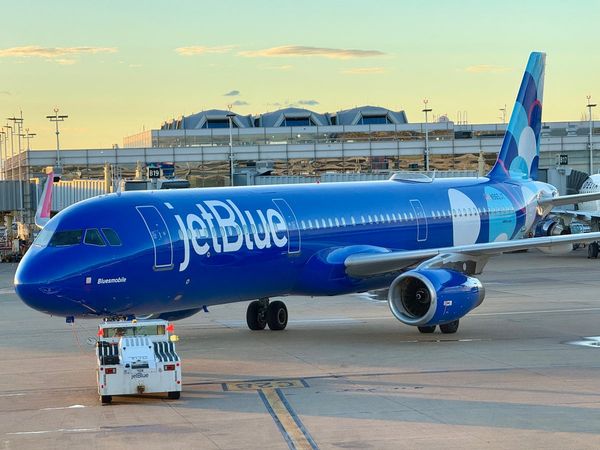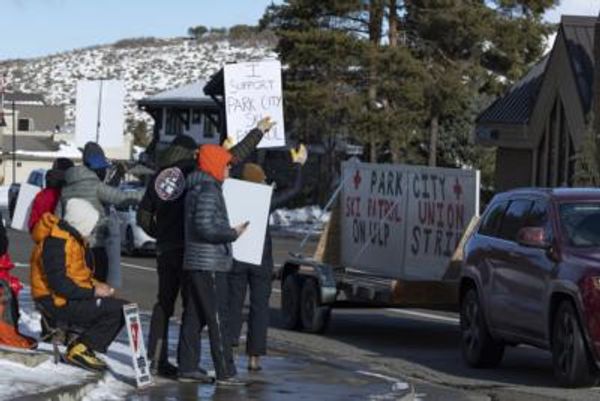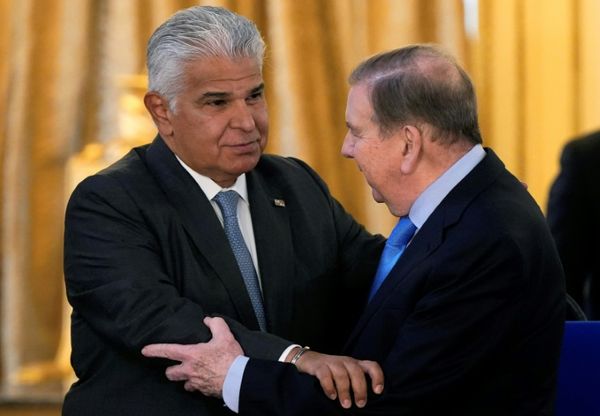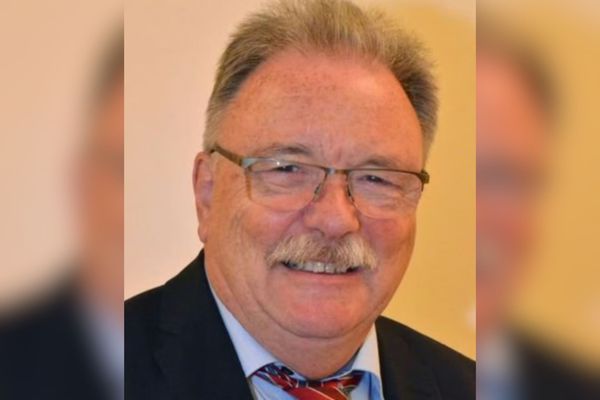From a young age, reporter Shahor Omar's morning alarm was the ear-splitting sound of explosions. The haunting memories mean he still struggles to sleep at night.
Ako Ismail mourns the loss of his colleagues: kidnapped, imprisoned and killed in the warfare that devastated his homeland.
The pair are journalists from Iraqi Kurdistan, who have dedicated their lives to documenting the impact of war on Iraq and the lives of refugees fleeing to their country.
Go here for the very latest breaking news updates from across the North East
After years of reporting in an area that carries high-risk for broadcasters, they too have been forced to leave behind all that is familiar to them and flee to another nation, settling in the North East.
27-year-old Ako started out as a journalist at the age of 15, working for several local and international news outlets, and trained with experienced journalists from the BBC and Sky.
He was heavily invested in recording the daily lives of people, especially children, as they were forced into refugee camps in the northern region of Kurdistan after ISIS attacked Iraq in 2013.
He said: "If I didn't do it - who would? It was really important that the world knew what was happening during the invasion.
"I was constantly aware of the dangers, but for me, it was a necessity and I wanted to tell the stories of people forced to flee their homes."
Ako said he never expected to become a refugee himself, but after working on a report that exposed government wrong-doing, his life was under threat.
Transported via lorry without family or friends to support him, he arrived in Birmingham in 2015, before relocating to Sunderland.
He explained: "I had to leave my entire life behind to come here - it's very difficult because I miss my family terribly.
"And since that time, many things have happened to those I love. My brother was kidnapped, recently my father died and one of my friends was put in prison for six years for taking photos.
"I am constantly fearful for my colleagues - this year many more journalists have been put behind bars for trying to broadcast the truth."
Although many refugees feel a profound sense of isolation arriving in a new country, Ako used his story and strong artistic practice to build a network in the North East.
He said: "Each refugee is a survivor, and they have a story. While many choose to keep it to themselves, given my background in journalism, I knew the benefits of sharing my experience.
"It is important we learn from each others' tragedy. So that people come to understand that people don't choose to be refugees, nobody wants to be forced away from all they know and love.
"People associate war-torn countries with bad people. It's not the case, people in Iraq are just trying to get on with their lives, but they have no control."
Ako is currently sharing a photography exhibition with fellow journalist Shahor Omar at Newcastle Central Library, organised by Skimstone Arts.
Shahor is a multitalented documentary-maker, photographer and writer, who covered the war in Iraq and Syria from 2007 onwards.
Growing up Kirkuk, a city in Iraqi Kurdistan, 33-year-old Shahor remembers "waking up every morning to the sights of war."
He told the Chronicle: "I grew up with that trauma, constantly dreaming of peace-time. I became a journalist to help people understand that trauma and to share information so that we could get closer to peace."
That ambition led him to the front line of ISIS' attacks, where he and his fellow reporters would narrowly avoid bombs and gunfire.
"Our lives were constantly under threat - my friends were kidnapped, some lost limbs and others were killed in the street.
"Covering those areas, I saw awful things. People in poverty, dying, taking drugs to escape and so many kids I couldn't help.
"All I could do was document what was happening and try and share the facts as widely as possible.
"I am haunted by those memories, and to this day I struggle to sleep at night. When you're there you think, could I die today? It's hard to get away from that mindset, and the nightmares continue."
Much like Ako, Shahor's attempts to broadcast the reality of the situation, outside of the realms of the state-controlled media narrative, attracted backlash.
He was forced to leave Iraq in 2020, and now lives in Stockton, Teesside.
"Finally I am safe" he said. "I have time to unpack what has happened to me, and the things I've seen."
His photos, which are on display as part of the 'One Day Changes' exhibition are a haunting reminder of the breadth of damage inflicted by war in Syria and Iraq.
He explained: "The media are always keen to highlight human stories, which I understand. But through my photography I wanted to show how everything is impacted, like the natural environment, animals and architecture.
"Everything is a victim of war and nothing is in the right place. For instance, I took photos of kids playing on tanks, because their playgrounds were replaced with military equipment."
Ako's images, meanwhile, are mesmerising depictions of daily life. They show the resilience of children in Iraqi refugee camps as well as those impacted by the Halabja genocide of 1988, a massacre of Kurdish people that took place during the closing days of the Iran-Iraq war.
The exhibition, organised by Claire Webster Saaremets - Artistic Director of from Skimstone Arts, runs until January 20.
The artists will also feature at a Holocaust Memorial Day event organised by Skimstone Arts on January 27 at Bewick Hall, in the City Library.
For a North East politics and regional affairs digest direct to your inbox, go here to sign up to the free Northern Agenda newsletter







